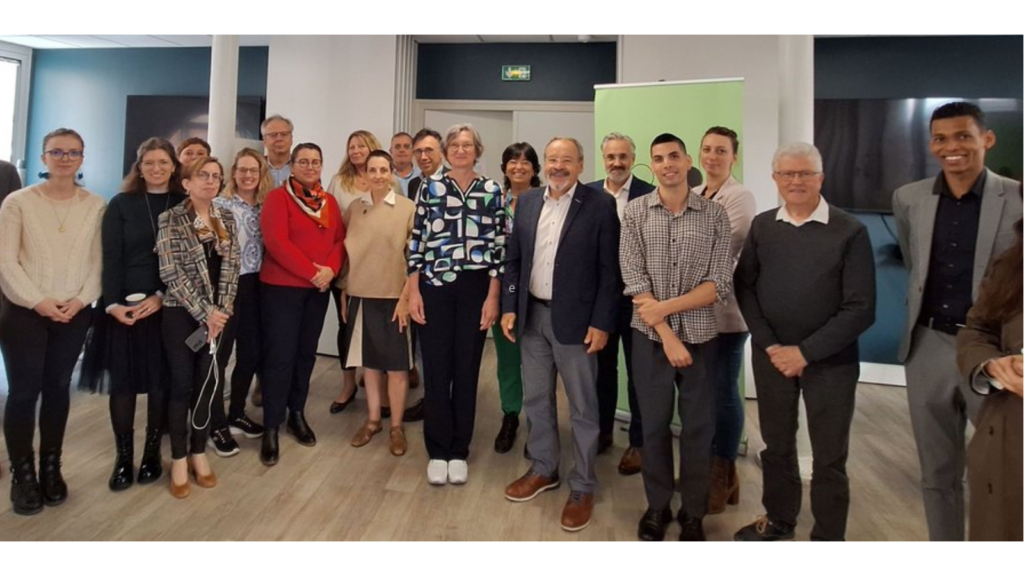The amendments were agreed on by President Pedro Sánchez and opposition leader Alberto Núñez Feijóo. They have since been approved by the Lower House of Parliament and are awaiting final approval by the Upper House.
After long campaigns by civil society organisations, including FIAPAS, the constitution removed the medical approach wording “handicapped”, replacing it with persons with disabilities (personas con discapacidad). The proposed change will also specifically mention women and children with disabilities.
Jose Luis Aedo, President of FIAPAS, a Spanish COFACE member organisation, expressed the following with regard to the constitutional change:
“As president of FIAPAS, the largest platform representing families of deaf persons in Spain, I must express our satisfaction with the reform of Article 49 of the Spanish Constitution. This reform has not been merely terminological, but has also incorporated the human rights approach enshrined in the International Convention on the Rights of Persons with Disabilities (CRPD).
Furthermore, I feel proud of the work of the associative movement of people with disabilities and their families in Spain, of which FIAPAS is a part. This reform is the result of extensive political advocacy carried out by the disability sector, convincing institutions, political representatives, and public authorities of the need to carry out the first social reform of our Constitution. And, at a particularly turbulent and tense moment in Spanish politics, the rights of people with disabilities have managed to unite virtually all parliamentary groups, and the new text has come to light.
The new article pays special attention to the specific needs of children with disabilities, as well as those of women with disabilities. In this way, it also focuses on their families and, particularly, on their mothers and caregivers”
COFACE welcomes this change and congratulates FIAPAS and the wider movement for persons with disabilities in Spain and beyond.
Read more about FIAPAS work here.




